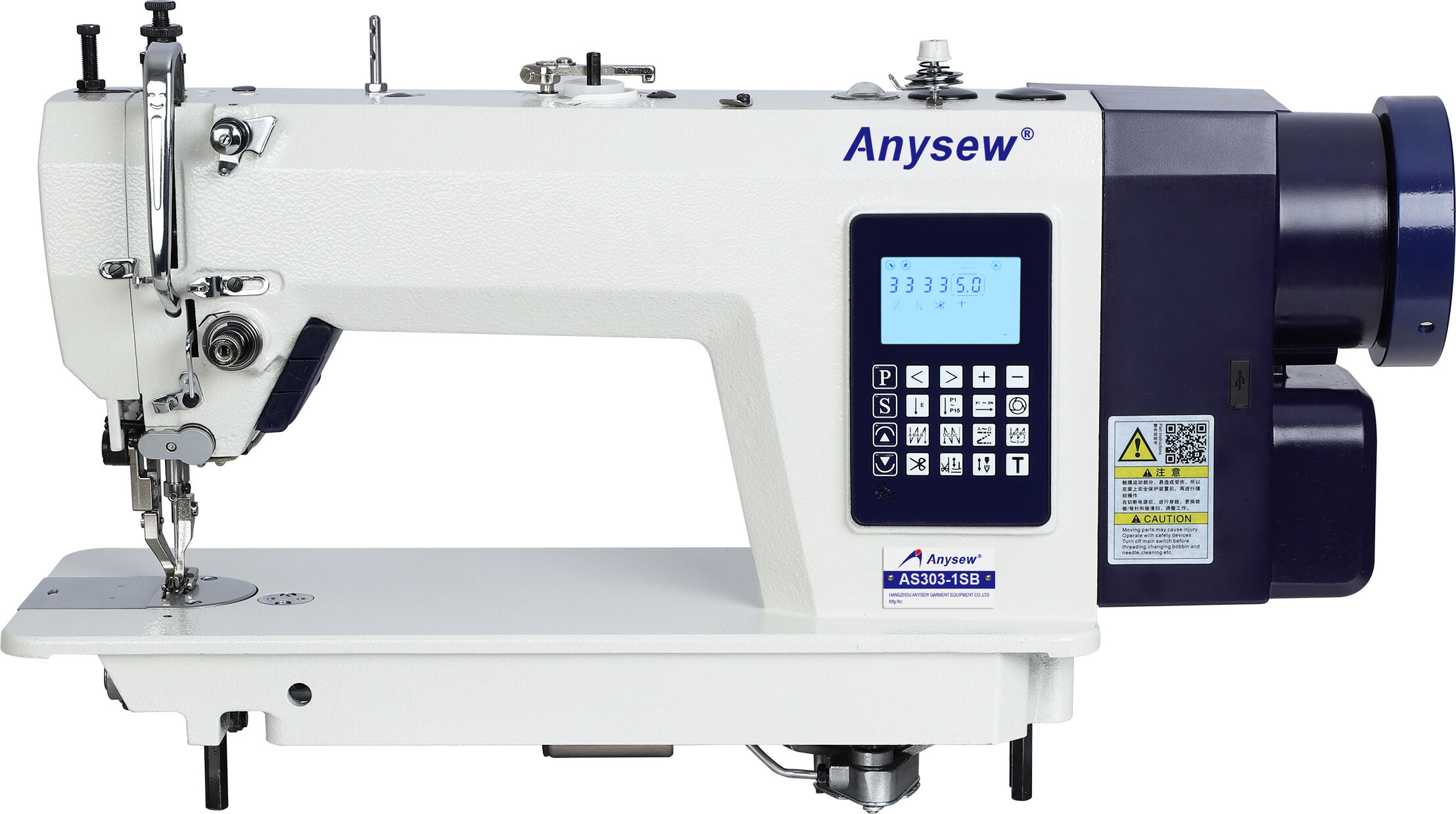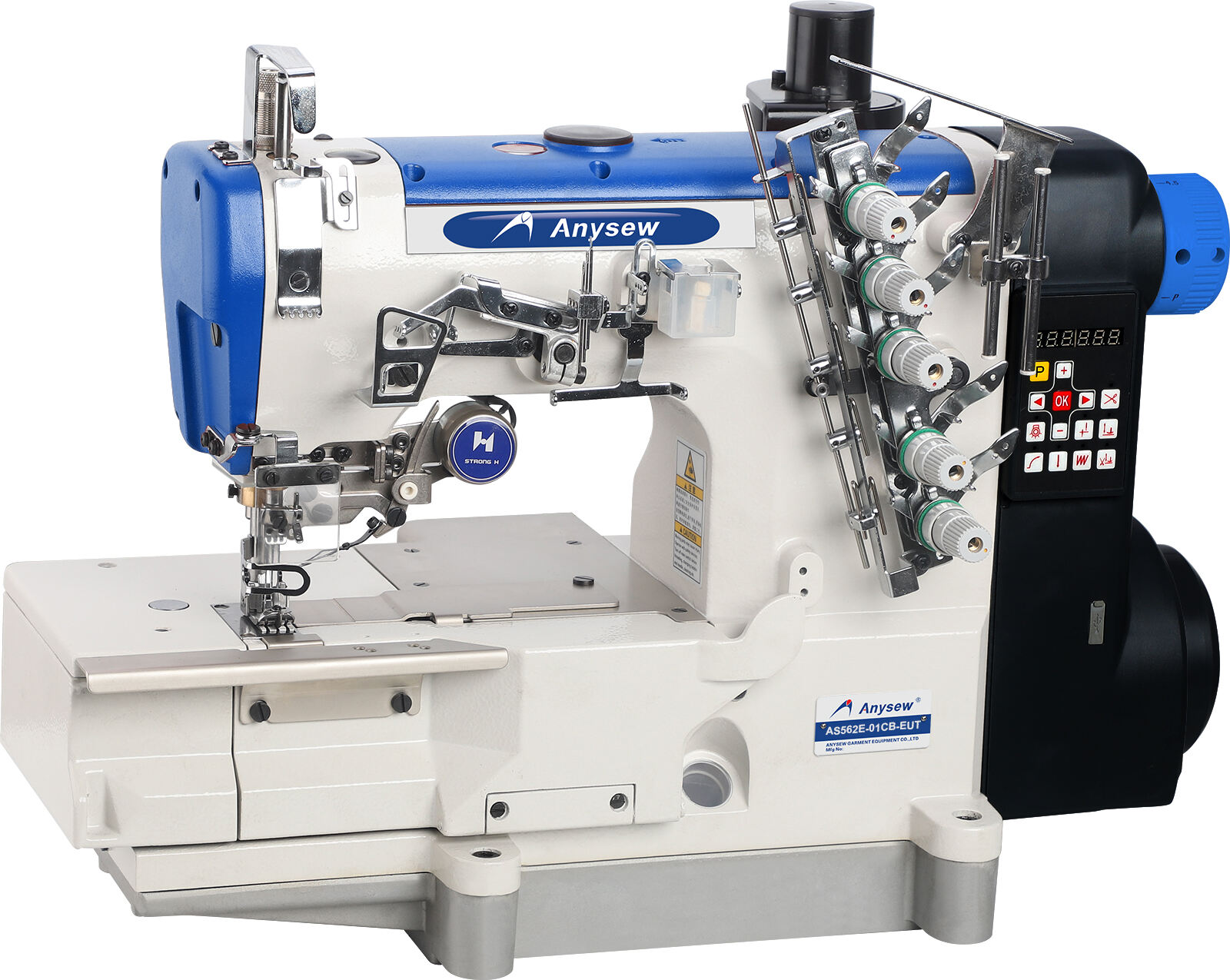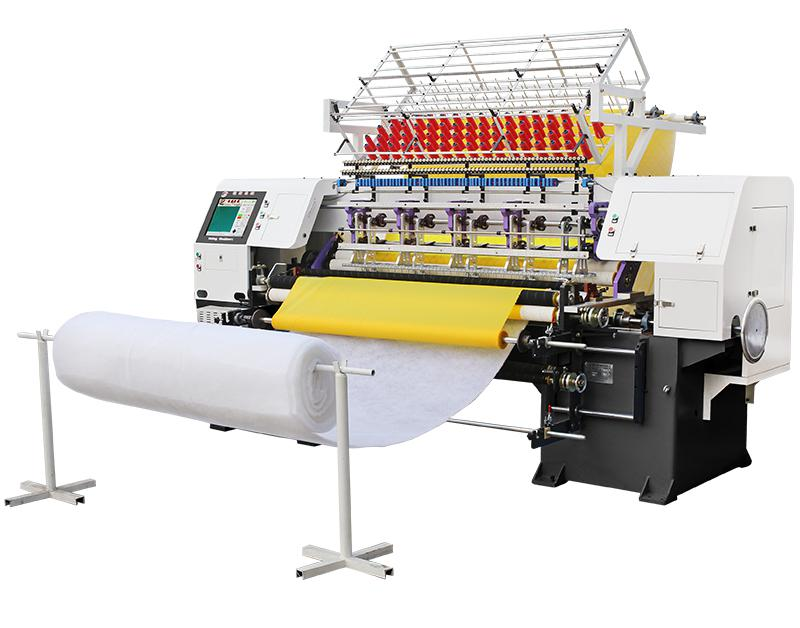servo motor and dc motor
Servo motors and DC motors are fundamental components in modern automation and electrical systems. A servo motor is a precision control device that combines a motor with a position feedback mechanism, enabling precise control of angular position, velocity, and acceleration. It consists of a motor, a control circuit, and a position sensor that provides feedback for accurate positioning. The motor can maintain its position while resisting external forces, making it ideal for applications requiring precise movement control. DC motors, on the other hand, are simpler devices that convert electrical energy into mechanical energy through electromagnetic induction. They operate on direct current and consist of an armature, field magnets, and a commutator. DC motors provide continuous rotational motion and can be easily controlled by varying the input voltage. These motors find applications across various industries, from robotics and CNC machines to household appliances and automotive systems. The key distinction lies in their control mechanisms: servo motors offer precise position control with feedback, while DC motors provide continuous rotation with speed control. Both types are essential in modern engineering, each serving specific purposes based on application requirements.


